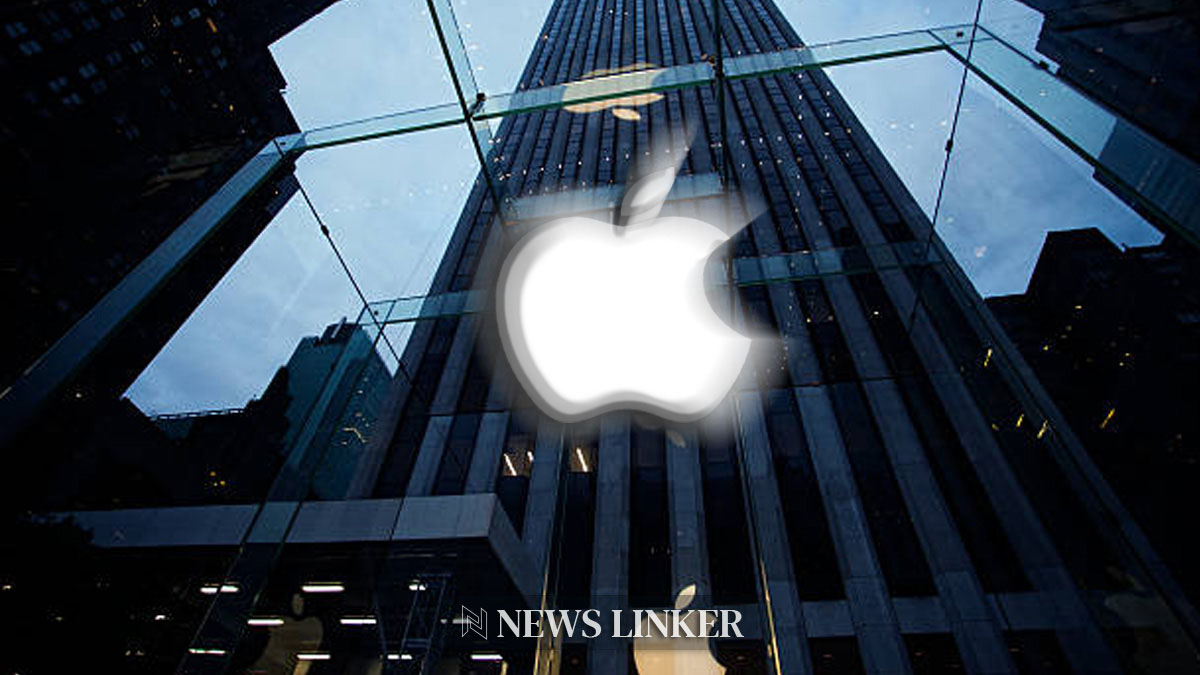In a recent ruling, Haotian Sun and Pengfei Xue, both citizens of China living in Maryland, received convictions for a fraudulent scheme against tech giant Apple. Over a period spanning from May 2017 to September 2019, the pair orchestrated a complex operation that involved sending counterfeit iPhones to Apple for repairs or exchanges, deceiving the company into giving away genuine products. The scheme involved over 5,000 fake iPhones, amounting to millions of dollars in losses for Apple.
Details of the Counterfeit Scheme
Sun and Xue meticulously planned their strategy, importing imitation iPhones from Hong Kong. They used altered serial and IMEI numbers to pass off the inauthentic devices as legitimate, subsequently submitting them for repairs or replacements at various Apple retail locations and authorized service providers. Due to their actions, Apple was swindled out of genuine iPhones, each incident adding to the massive toll on the company.
The Legal Repercussions
After meticulous investigation and legal proceedings, the court found both Sun and Xue guilty of mail fraud and conspiracy to commit mail fraud. They now face the possibility of spending up to two decades behind bars, with the official sentencing scheduled for June 21, 2024. This verdict underscores the seriousness of the crimes and serves as a stern warning against similar fraudulent activities.
The operation’s unraveling highlights the vulnerabilities even major corporations face when it comes to sophisticated fraud. Despite the advanced security measures and scrutiny, the counterfeit scheme persisted for over two years before resulting in convictions. The legal system’s response to such schemes is critical in deterring future offenses and safeguarding businesses.
The story of Sun and Xue’s deceitful plot against Apple is a cautionary tale for companies worldwide. It shows the extent to which fraudsters will go to exploit corporate policies and emphasizes the need for vigilant anti-fraud measures. As businesses continue to grow and offer customer service provisions, the challenge remains to balance accessibility with security.
The case against Sun and Xue is a reminder of the continuous battle against fraudulent schemes designed to exploit corporate customer service systems. It will be interesting to observe how this conviction impacts the strategies of both tech companies and those who would attempt to defraud them.










